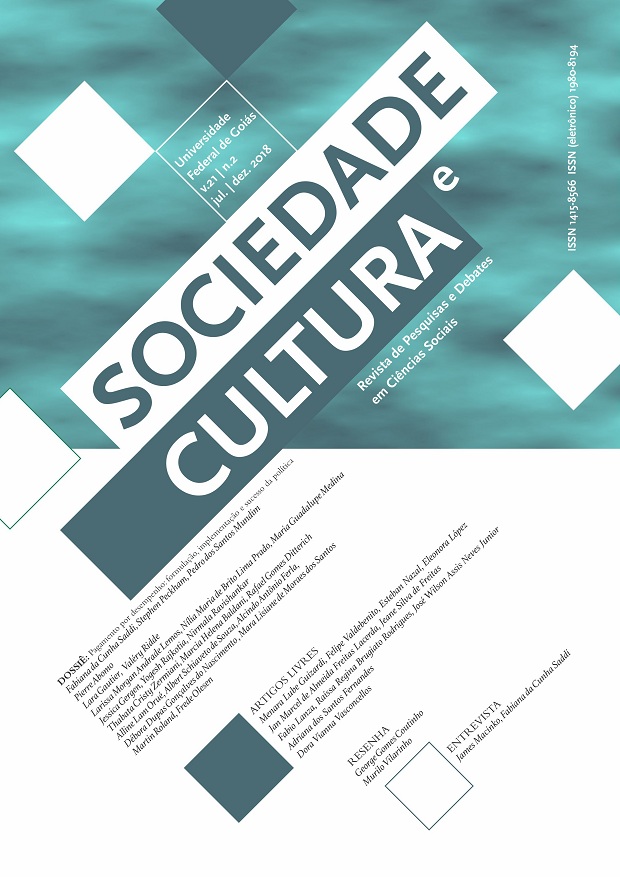The good, the bad, and the disruptive of performance- based financing on the Mozambican health system: results from a process evaluation
DOI:
https://doi.org/10.5216/sec.v21i2.56312Keywords:
Performance-based financing, Results-based financing, Health systems research, Mozambique, Health system reformAbstract
A significant debate is unfolding around whether performance based
financing (PBF) is a mechanism of achieving broader health systems transformation. This study aims to contribute to this dialogue by assessing how PBF fostered positive, perverse and disruptive effects on the health system in two provinces of Mozambique. The study used qualitative methods to collect data in 24 PBF health facilities from 60+ health workers and facility administrators. PBF improved the facility’s work environment through improved local financial capacity and autonomy, resulting in greater planning. Health workers perceived incentives as a source of motivation, however the allocation of incentives among staff as unfair and lacking transparency. Major improvements in data quality
and completeness was observed in facility registers, verified quarterly. However, a heavier workload and enhanced focus on information systems were disruptive to time spent on clinical care. PBF remains a health systems strengthening intervention that results in targeted and program-driven changes that are not yet institutionalized or uniformly applied. Sustaining positive effects will requires greater focus on institutionalizing changes to governance, management structures, and financial autonomy, while enhancing inclusiveness of the demand-side.
Downloads
Downloads
Published
How to Cite
Issue
Section
License
Authors who publish in this journal agree to the following terms:
- Authors retain the copyright and grant the journal the right of first publication, the work being simultaneously licensed under the Creative Commons Attribution License, which allows the sharing of the work with acknowledgment of authorship and of the initial publication in this journal;
- Authors are authorized to enter into additional contracts separately, for non-exclusive distribution of the version of the work published in this journal (eg, publishing in an institutional repository or as a book chapter), with acknowledgment of authorship and of the initial publication in this journal;
- Authors are allowed and encouraged to post and distribute their work online (eg, in institutional repositories or on their personal page) at any point before or during the editorial process, as this can bring productive change as well as increases the impact and the citation of the published work (see O Efeito do Acesso Livre).



